Få opdaterede løndata i realtid
Fortnox Lön & TimeLog: Only enter payroll information once
Avoid having to enter payroll details in two different systems.




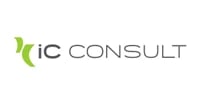
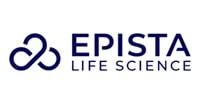

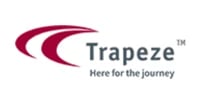


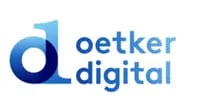
TimeLog & Fortnox Lön
With an integration between TimeLog and the Swedish payroll system Fortnox Lön, you avoid duplicating the work of entering payroll data in two systems. Time registrations, employee expenses, absence and mileage are easily transferred to Fortnox Lön for further processing.
Avoid manually collecting payroll data and minimise typos
Save time on monthly payroll administration
Give both employees and payroll professionals the best systems on the market
Benefits of integrating TimeLog with Fortnox Lön
With the integration, you save a lot of time on your payroll administration. By using the same salary codes in both TimeLog and Fortnox Payroll, you can easily transfer the month's salary data from TimeLog to Fortnox Payroll via file export.
This means that your employees no longer need to be disturbed by having to deliver payroll data. At the same time, you ensure that you have the correct payroll data on time.

Do you want to learn more about how your company can use Fortnox Lön and TimeLog?
Price & version
- Requires a subscription to Fortnox lön
- Requires TimeLog Growth-plan or higher
Support & set up
- No mandatory need for consultancy help
- Do you need help? Contact Customer Success
Permissions & security
- Data & IT security are a part of our DNA. How we take care of your data

Fortnox and TimeLog: Manage projects, time and accounting
17 min read
With an integration between Fortnox Salary and TimeLog, you can work with your salary in Fortnox and your projects in TimeLog.

Crona: Easily transfer your payroll data
15 min read
With an integration between Fortnox Salary and TimeLog, you can work with your salary in Fortnox and your projects in TimeLog.
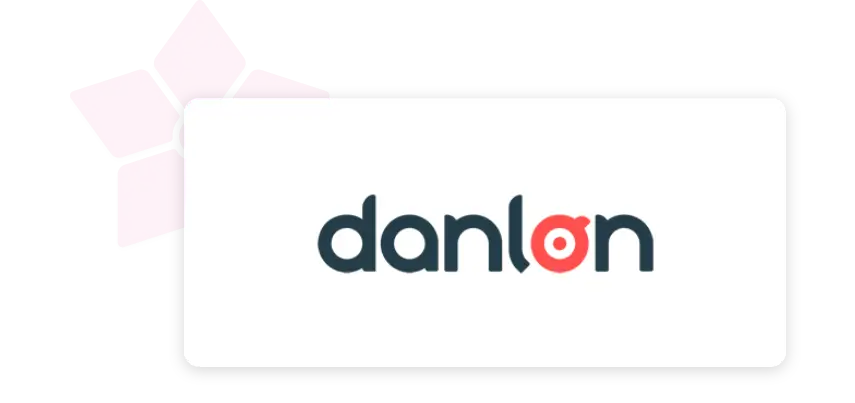
Avoid double work by integrating Danløn and TimeLog
12 min read
With an integration between Fortnox Salary and TimeLog, you can work with your salary in Fortnox and your projects in TimeLog.

Transfer data to your salary system with Zenegy integration
15 min read
With an integration between Fortnox Salary and TimeLog, you can work with your salary in Fortnox and your projects in TimeLog.
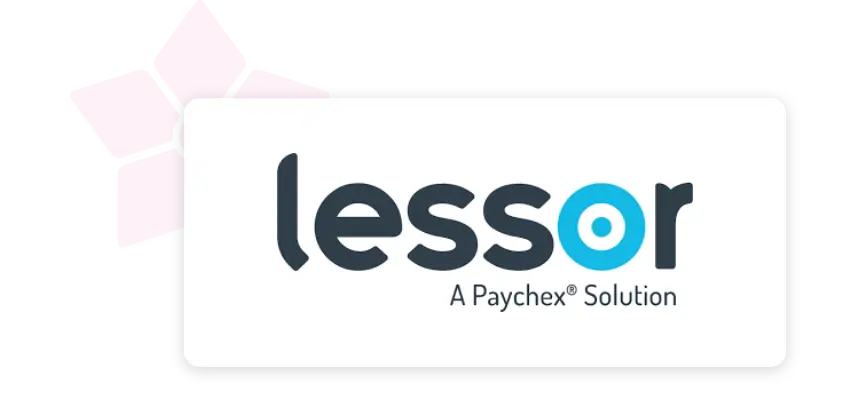
Lessor Payroll: Get rid of time-consuming payroll processing
16 min read
With an integration between Fortnox Salary and TimeLog, you can work with your salary in Fortnox and your projects in TimeLog.
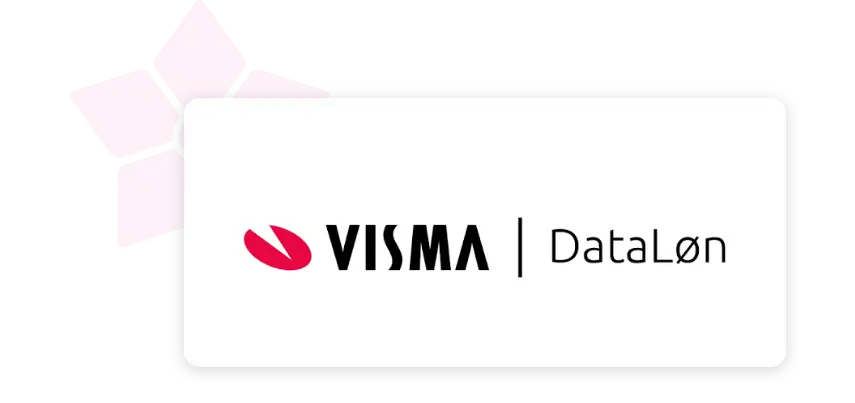
Easy salary administration with integration between DataLøn & TimeLog
18 min read
With an integration between Fortnox Salary and TimeLog, you can work with your salary in Fortnox and your projects in TimeLog.
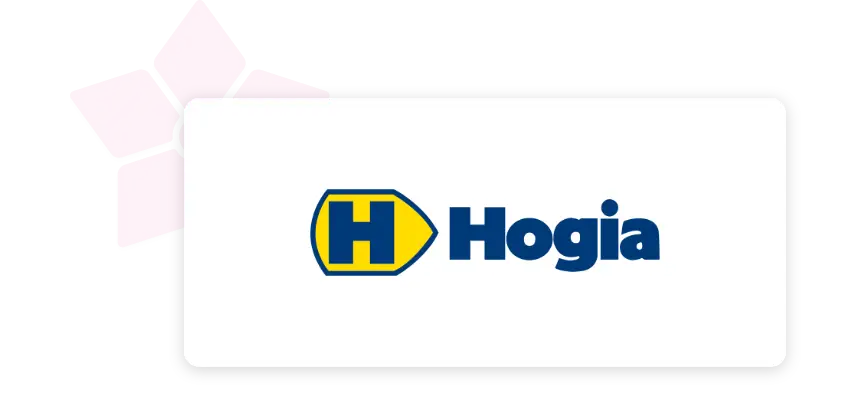
Payroll time overview with Hogia Lön+
20 min read
With an integration between Fortnox Salary and TimeLog, you can work with your salary in Fortnox and your projects in TimeLog.
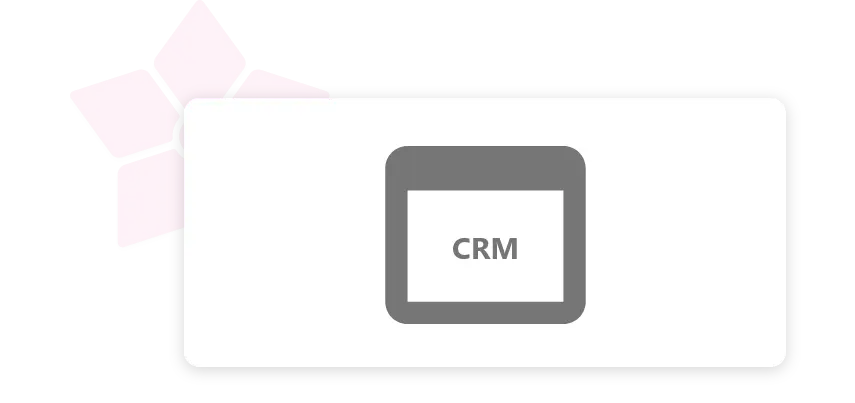
TimeLog CRM Integration
16 min read
With an integration between Fortnox Salary and TimeLog, you can work with your salary in Fortnox and your projects in TimeLog.

Looking for easy time tracking integrated with Business Central?
25 min read
With an integration between Fortnox Salary and TimeLog, you can work with your salary in Fortnox and your projects in TimeLog.


